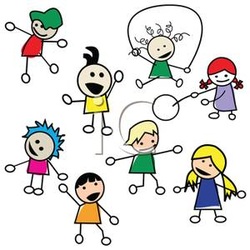
 The one virtue that I would love to see ADF add to the list is play. Play turns even the hardest task into something that can be both enjoyable as well as feed the soul. Almost every type of animal plays. They use play as a way to learn skills that will serve them as adults. Play can influence how we see our world in profound ways. I am reminded of the story of Tom Sawyer, who for punishment, was set the task of painting a fence. Tom sees a friend walking toward him and decides how best to handle the ribbing he expects this friend to give. Tom decides to play a part. He plays the whole activity up so as to make the fence painting look like the most important and fun task in the world. The friend from whom Tom expected a good tease then pays Tom to take over the task. By the end of the day Tom almost bankrupts all the neighborhood boys and the fence gets painted several times over. At first glance Tom is taking advantage of his friends, but in reality the boys in question would most likely have admitted that the day was well spent because the task was both satisfying and fun for them. The way they viewed the task at hand changed it from work to fun. Play changes our perception of the world. When we play with our ritual, and spiritual practice, we can use its framework to change ourselves in much deeper ways. Perseverance, moderation take on a new meaning when see them as acts of playfulness; they become less daunting if nothing else. Play could be seen as a subset of wisdom, but I feel it belongs beside it, for play can influence and help in the gathering of wisdom. The more fun we make a task, the more we want to do it, and that is definitely a path to a virtuous life.
0 Comments
There are times when it just gets way too hard. I find myself wanting to curl up under the bed covers and sleep till the world just stops being difficult and daunting. I can feel so exhausted and overwhelmed that it takes a conscious decision to get out of the bed and do what needs doing. That is what perseverance really is. It is that choice to keep going even when it has gotten so difficult; maybe even difficult enough to require flannel. It some times requires a small compromise, such as wearing flannel jammies to get the work done, but the most important part is the choice. That internal action of thought that spurs physical action is the hardest and most meaningful part. If I give up, it affects not only me, but those around me. My ancestors chose to keep going, even when times were extremely hard. I owe it to them to persevere as well.
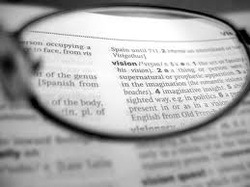 To see clearly, to know what the goal is and how to get there, this is only some of what vision means to me. Vision can be a part of a religious experience, through trance work and meditation, and much of society often describes the various religions of the world as “world views.” It is said that prophets have strange visions, which to me would seem to be much more comprehensible versions of REM-style dreams. Our visual perception allows us to make sense of and interpret the information coming into our brain. We can accurately judge how far away an object is, as well as what it is. Vision is an important element for any group to have, and many organizations will have what is called a, “Vision Statement.” Vision, in all its various forms, even if those forms that are only taken as metaphor, seems to point toward an idea of true understanding and the ability to reach out toward a goal. We often talk about “seeing” issues in a moral light, and by this we seem to equate vision with knowledge and truth; just we talk about someone not seeing the truth of circumstances as being blind. We often talk about moral change as coming from “seeing an issue in a different light.” Vision allows us to walk a path in truth and integrity. Vision is the glue that holds all the virtues together.  Despite what society at large seems to think of the word, despite the thesaurus having fearlessness as a synonym for it, courage is not a complete absence of fear. A complete absence of fear in the face of danger is either stupidity or ignorance. This is the type of disposition that will soon led to deadness. Courage is the ability to take stock of the risks, the dangers, and the pain required to accomplish the goal; to completely understand what is at stake, and then to continue despite the fear involved. A person can have physical courage, the ability to face a challenge despite the pain and possible death that may occur. A person might have moral courage, the ability to do what is right in word and in action, despite the pressure by society to do otherwise. A person could also have social courage, such as having the courage to stand up and give a speech to a crowded room. One could have intellectual courage by facing perviously held thought patterns and judging if they are indeed correct, to ask those pesky hard questions of ourselves and of others. "Courage is what it takes to stand up and speak; courage is also what it takes to sit down and listen," Winston Churchill. Meden Agan (μηδεν ἀγαν), “Nothing in excess.” These words were written on the temple of Apollo at Delphi along with the better known phrase, Gnothi Seauton (γνῶθι σεαυτόν), “Know thyself.” These two phrases come directly from the Greek view of “sin.” Sin was a word that meant, “To miss the mark.” Sin in the Greek religion had nothing to do with being in rebellion against the Gods, which is how it tends to be viewed in Christianity. Humans were to know themselves, and their place in society, so that they would know how hard to push and how high to aim their ambitions. Aim too high, and you could fall into hubris. Aim too low, and you were not living as well as you could. Moderation, the virtue of allowing yourself not to do anything to excess, was a good way to avoid the Greek version of sin. Too much of anything can over stimulate and flood the body to the point of poisoning the system (be it physical, mental, or spiritual). We can see this with food. Eating in moderation allows the body to not starve as well as not get sick from being overweight. Our modern society tends to want things in extremes and perhaps this is leading to the general ennui of our generation. One in ten Americans are currently on antidepressants, and although I do believe that there is more to this statistic then meets the eye, I wonder how much of it comes form the “X-Treme” fascination in our sports, drinks, sex, and whatever else the ads are trying to sell to the public. Epicurus, the founder of the Epicurean school of philosophy, said, “Be moderate in order to taste the joys of life in abundance.” It is through Moderation that we find balance.
 Hypocrisy is one of the quickest ways to turn people off to any sort of social or religious movement. Hypocrisy shows that the religion one follows is not a path to a life changing experience, or that the professed beliefs of the individual are not all that important to those who say they follow its tenants. Why would anybody bother with such a creature as that of a religion filled with hypocrisy of those closely associated with it? This is why integrity is so vital in everything that I do as a druid. My actions must match the words I speak. The words I speak must line up with the values and virtues of my religion. Integrity is all about the consistency of actions with values. This is also why training in what druidry is, is so very important. ADF’s Dedicant Path allows but the most basic training of what it means to be a druid, but it allows me to live my religion with integrity and clarity. This is also why we, as a grove, will be choosing a community service project. We must walk the talk. 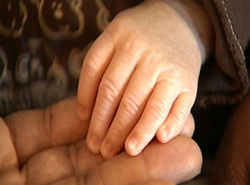 Fertility is the natural ability of living organisms to give life and increase diversity in a given population through numbers. The more life we create, the more diverse that population becomes, the better the chance for a species to survive all stresses that the environment can bring to bear. Fertility is a virtue because it provides a method for not only survival, but of creating a life worth living. The creative aspect of fertility allows us produce the capacity for something that is useful and beneficial for the entire species. As we work to increase the numbers and diversity of our religious members, we bring a greater chance to be useful to our society as a whole. Furthermore, the process that brings growth in numbers can be fun for all involved. I pray that what I am offering to the pagan community is of use, that it touches lives, inspires others, and helps the community as a whole, as well as ADF grow. Piety is one of those words that has been slandered though misuse. The image of starched collared Sunday church go-ers, leaving church to seep themselves in sin and vice has long been the image I associate with piety. Piety is not synonymous with hypocrisy. It has taken me many years to realize this. Piety is the strength and fortitude to live out one’s faith in right actions and practice. It takes deep commitment to keep a daily devotional practice. It takes strength of wisdom, and conscious living to try to apply the nine virtues to daily activity, and it requires a willingness to come before the Kindreds in humility and reverence to learn what actions are required and expected of us. Duty, fealty, obedience, passion, and right religion are the true forms of piety. As I practice piety more with my daily devotions I have come to see the benefit of committed pious actions. The actions themselves have begun to influence how I look at the world. By performing simple rituals of a candle lighting with prayer beads, a quick step outside three times a day to feel my feet on the Earth in my back yard, or just the nighttime routine of laying still and allowing my meditation practice to hold up my prone body, I find myself feeling more of a connection to the rhythms of the day and to the life that teems around me; I feel my place in this world come into sharper focus; I feel connected.
|
AuthorAmanda Thomas is the Grove Organizer for the Ad Astra Grove. She also serves on the Topeka Interfaith Council. Archives
May 2016
Categories
All
|
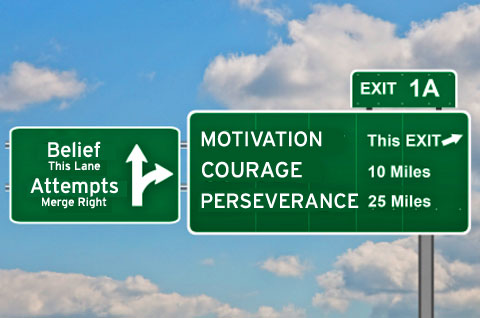
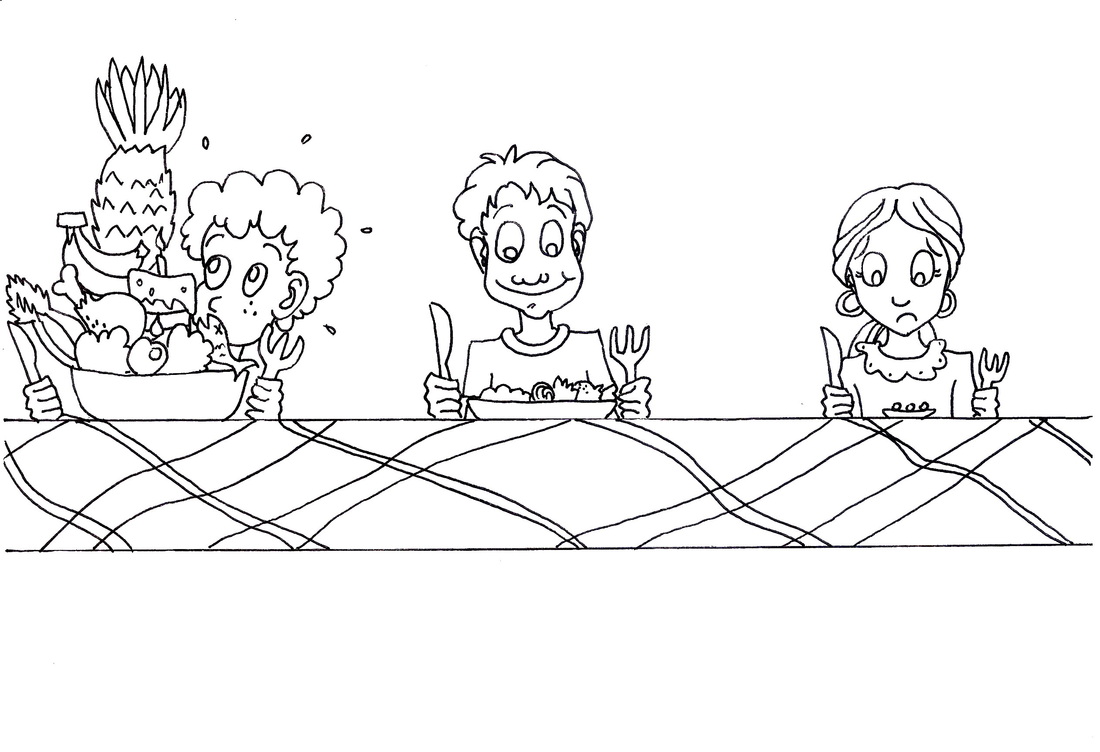

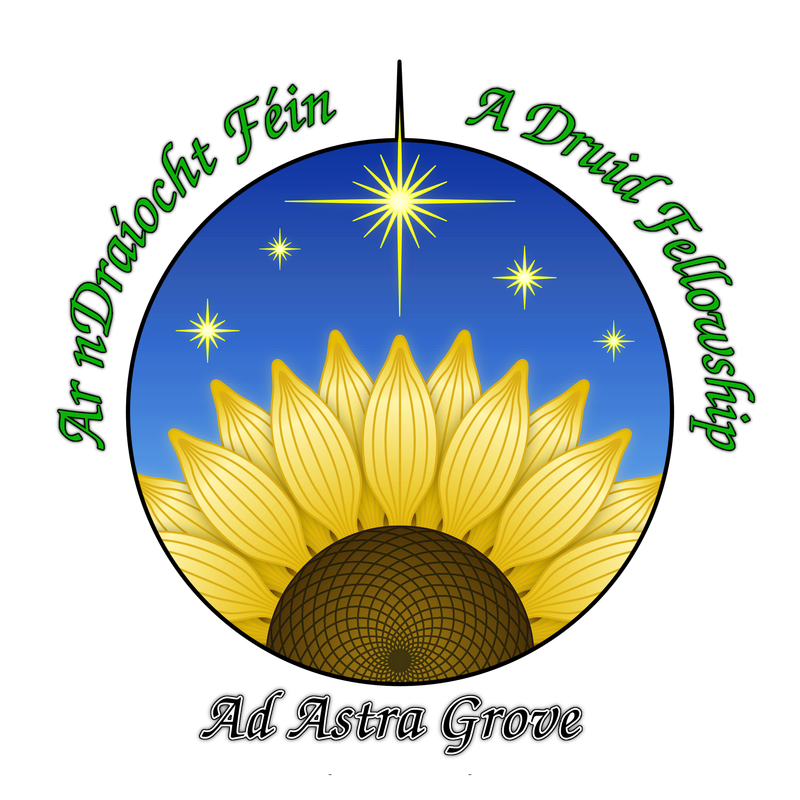
 RSS Feed
RSS Feed
